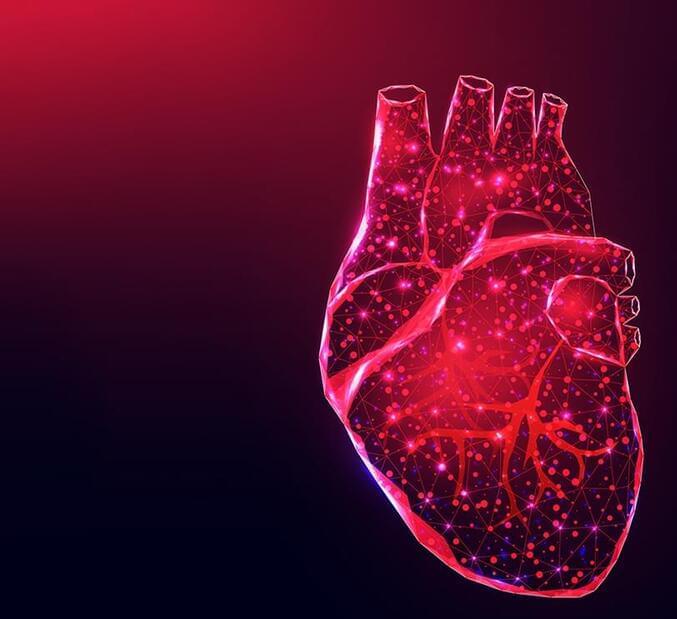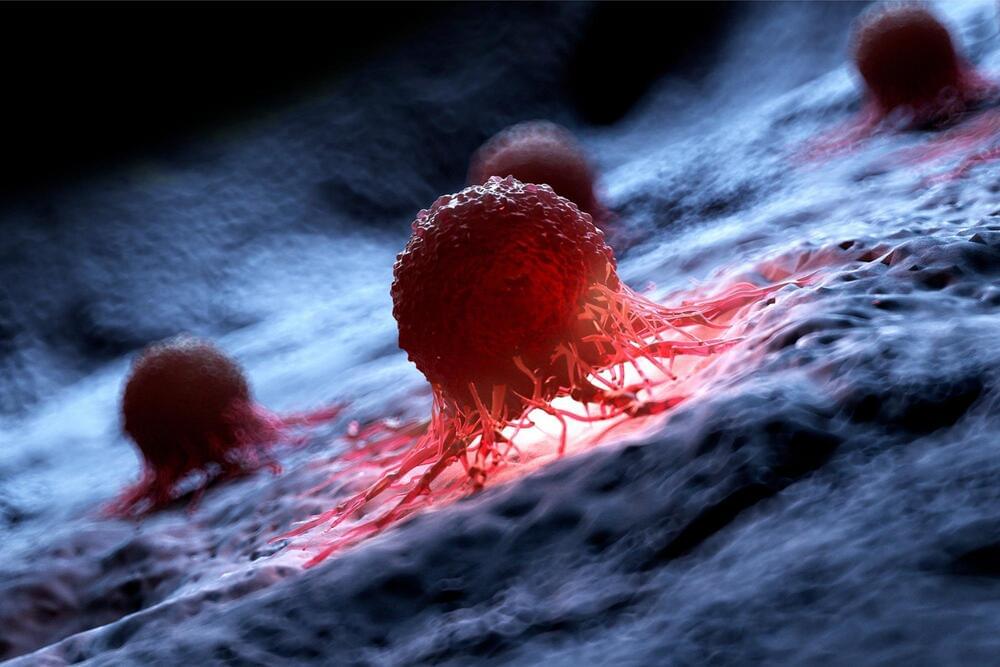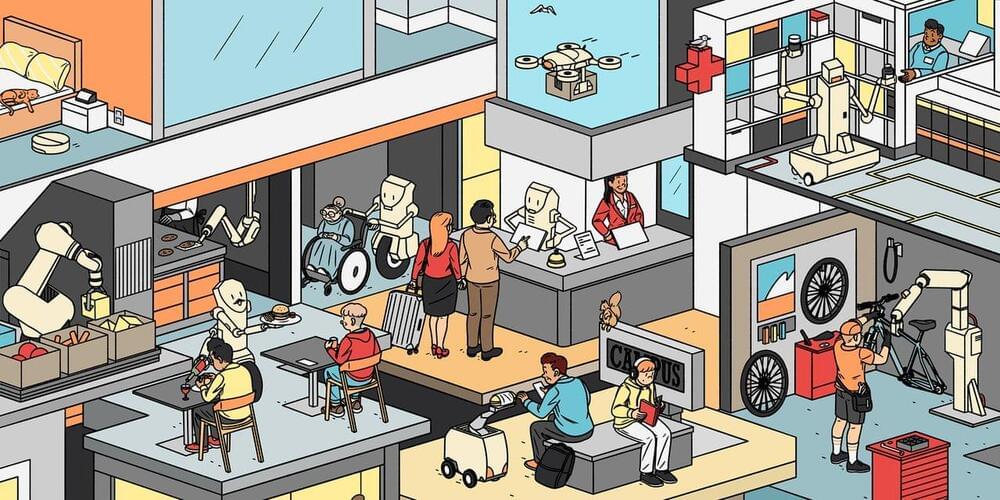Five of our favourite interviews with thought leaders and investors on the opportunity presented by longevity.
From spending billions on research to calls for fundamental changes to way we deliver healthcare, this year we heard from a host of thought leaders who shared their views on how to make longevity a reality. Today we bring you five of the best.
When we spoke to Professor Sir John Bell, we expected to learn more about a new UK initiative to study of the health of five million citizens to enable more effective ways to prevent, detect and treat diseases. But what we got was a stirring call to action for a change in the way healthcare is conducted.







